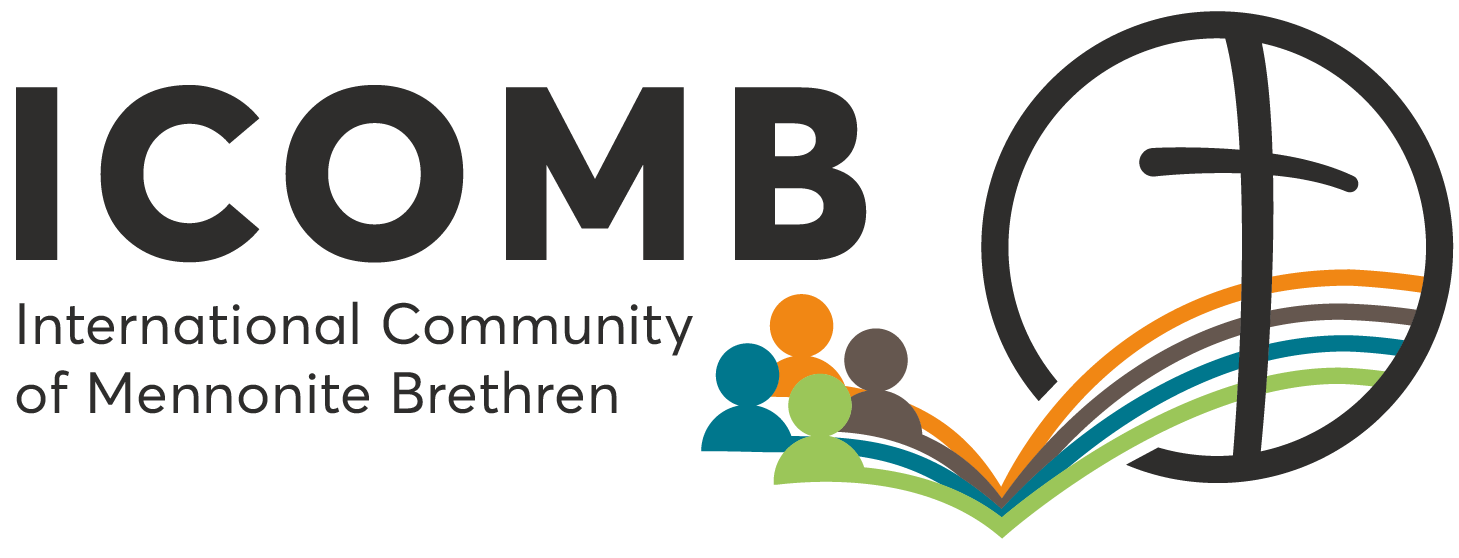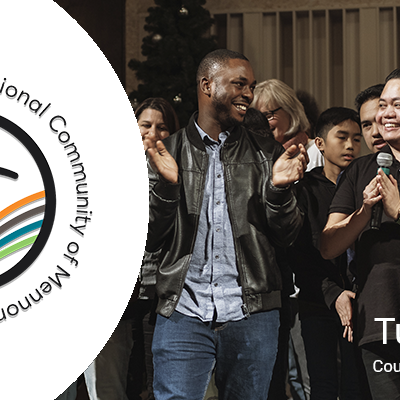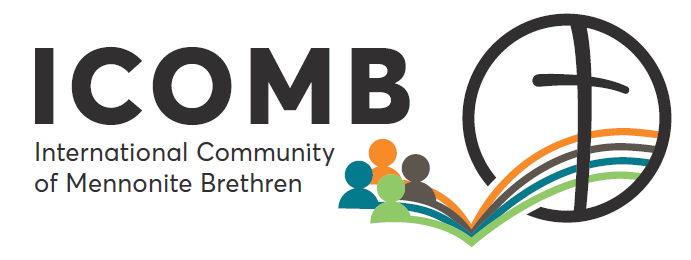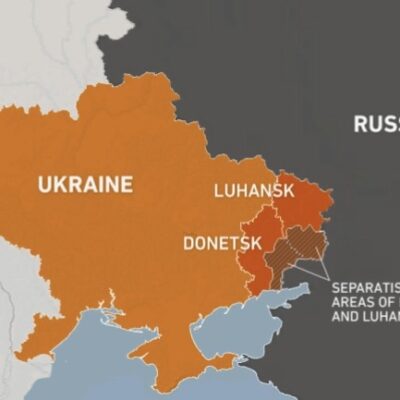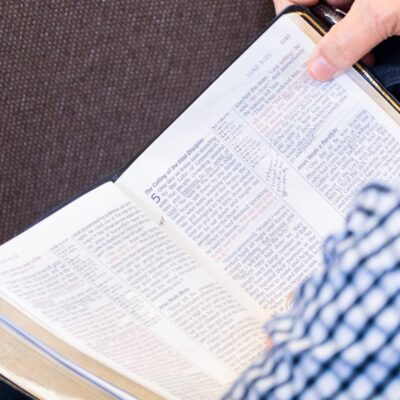A short daily blog from the US Mennonite Brethren Study Conference – summaries of one or two main points that impacted me, and a comment or two.
Leith Anderson – Speaker 1
It’s always helpful to review church history. On the one hand, as much as we might like to ‘be like the New Testament church, we’d also have to ask ‘which one might we envision’? Corinthians? Galatians – legalists? Laodiceans – the lukewarm group? But we do know that the early church was populated by a high percentage of women because they rescued female babies from the beaches and hills where people left them. We know that the church suffered periodically because of political decisions. We also know that by the time Constantine made Christianity the official religion, the church made up about 50% of the Roman population.
The church has always had to find its way no matter what government was in place or what official status Christians had within that. We will do well to try to learn from that.
Which reminds me: our scriptures and our understanding of the ethics of the kingdom come out of the actual history of God’s people. The truths and principles we follow were hammered out within the contexts of life; they were not downloaded as a list of “propositional truths”.
I appreciate the effort to portray the 4 versions of the confessional statements from 1853, 1902, 1975 and 1999. That’s our outworking from the forefathers of our movement til now. We were more ‘narrative’ 100 and 150 years ago. With our effort to be more ‘readable’ and perhaps ‘clearer’ we are more pointed in the ‘75 and ’99 versions but the passion and conviction seems more evident in the older versions.
Terry Brunsinger – Speaker 2 (and a point from Laura Schmidt Roberts, responder)
We are all citizens of a country. It’s about identity and commitment. Our kingdom citizenship resides and stems from being in the church of Jesus Christ.
Within our citizenship come opportunities for devotion (worship) and obedience. For Christians we constantly have to examine our hearts – where our devotion lies.
There’s a difference between obedience and submission. We can submit to government, for example, but we don’t have to obey every time. But when we challenge, we don’t necessarily have to do so defiantly. Rather we can challenge the powers with the view for them to do better.
Laura added: “In the matter of allegiance, there’s no ‘list’”. We often hear “God first, then family, then job, etc…and last, me.” With God, though, there’s no list. There’s just God! He is utterly and exclusively supreme.
A favorite author of mine says, “Monotheism is a terrible idea, but a wonderful discovery.” He means that if God as Supreme is just an idea, it will always be contested by our many other allegiances. God on the top of a list is just an idea. When we truly encounter and “discover” God as “the one and only” – well, then we’re getting somewhere in our discipleship.
Especially with the question of us versus society and state, we really need to be anchored in God as one and only. We need a deep conversion and a robust discipleship (learning how to be Kingdom Citizens) – or we’re always in trouble…in fact, society and/or the state will always win.
Canadians and Americans have slightly different forms of government, cultures, and so on. It doesn’t matter. Christians in both countries need to have this deep conversion. In fact, it’s probably true of every one of our ICOMB member countries. No matter what form society and state take, we need that deep conversion to the supremacy of God or we will lose our way.
